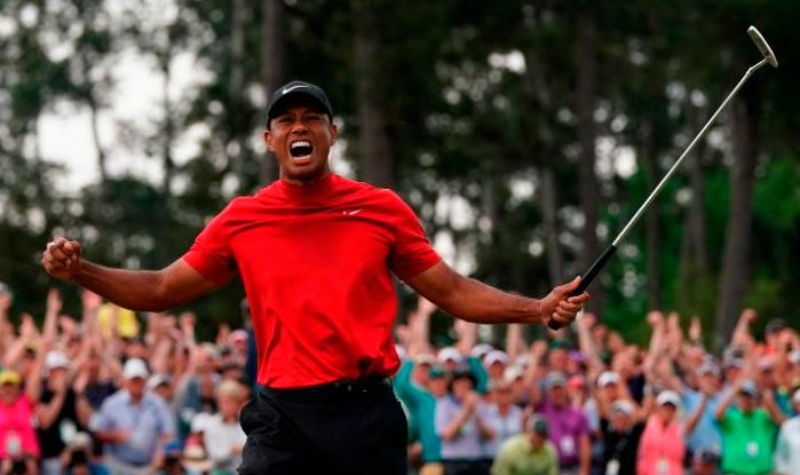 Athletes come from all walks of life, and some have physical gifts (disgraced cyclist Lance Armstrong, for example, has superior lung capacity) that make them exceptional in individual or team sports. However, their personalities also play a role in whether they excel at athletic activity.
Athletes come from all walks of life, and some have physical gifts (disgraced cyclist Lance Armstrong, for example, has superior lung capacity) that make them exceptional in individual or team sports. However, their personalities also play a role in whether they excel at athletic activity.
Studies have shown that athletes who rank low on anxiety tend to do well in sports, particularly if they are individual sports. Anxiety, quite understandably, seems to hinder athletes, perhaps by making them too fearful or neurotic during competition.
Luckily, people who want to improve their sports performance and do experience anxiety, can make some changes. One of the keys to changing is understanding one’s own personality type and then making adjustments that ease anxiety.
Tiger Woods is typically very calm
Golf legend, Tiger Woods, has the Myers-Briggs personality type known as INTP, the personality type known as The Architect. He is renowned for his calm demeanor. Of course, he has his moments of impatience or stubbornness, but he is also very self-aware and finds that studying and practicing Buddhism helps him to retain his serene mindset. INTP personality types love independence, so it makes perfect sense that Woods has chosen an individual sport, rather than a team sport.
Woods is most prone to anxiety when his independence is threatened in some way. He is an athlete who wants space to think, visualize, and be himself. A study published in The International Journal of Indian Psychology showed that athletes at elite levels have less anxiety than those in lower echelons. Part of this is due to having more natural ability; however, lower anxiety levels may also help an athlete like Tiger Woods to stay calm in competition and get great results.
How to stop anxiety during athletic activity
You may not have Tiger Woods’ typical preternatural calm, but you can develop habits and mindsets that promote lower anxiety levels, and doing so may enhance your athletic performance. Psychology Today reports that performance anxiety is triggered by a combination of childhood memories and current circumstances. People who experience anxiety during sports are afraid of failure, but they’re also afraid of success.
To banish troubled memories from your past and quell your present nervousness, you must be disciplined. This means avoiding any bad habits that subconsciously set you up for failure, such as skipping practices, avoiding warm-ups, and deviating from proper technique. You should also consider calming meditation, which will center your mind and regulate your breathing. Even ten to fifteen minutes of meditation per day will be enough to ease anxiety in most cases. Getting enough sleep, staying hydrated, and eating a clean diet will also help with emotional stability.
Therapy can be very useful
Many elite athletes spend time talking to sports psychologists. Sports psychologists are mental health professionals who know how to help athletes overcome a range of psychological hurdles, from anxiety to depression and beyond. If understanding your personality type, practicing self-discipline, meditating, and living a healthy lifestyle isn’t solving your anxiety issues, you may want to talk to a sports psychologist. This type of therapy can be very effective.
Elite athletes tend to be steely because they are confident and because they want to win. They are tough because they know that the competition is fierce. They develop warrior mindsets, where fear is pushed away. However, they still have feelings. Even the calmest athlete will react sometimes. It’s just human nature. Now that you know more about the link between low anxiety and athletic performance, you may want to work on reducing your own anxiety levels.

































